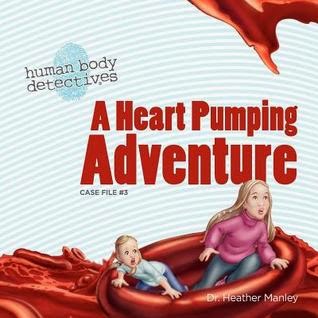As a form of self-expression, writing is naturally a therapeutic medium, in much the same way recovering alcoholics might be encouraged to take up art to help them work through their issues. Writing, by its very nature, helps get whatever is in the mind, potentially eating away at the psyche, out onto the page, where it can be dealt with, even if how it is addressed ends up being a purely “fictional” exercise.
“A problem shared is a problem halved,” as the old saying goes, and while writing is typically a solitary art, the sheer act of putting one’s thoughts down on paper can go a long way to limiting some of the potential emotional turmoil in our lives. This is often the reason why people keep journals of their everyday events, as it helps them process and deal with whatever might be frustrating them.
Of course, a writer generally does not actively sit down to write about their problems, but anything that is eating them up inside may find itself expressed in words, even if the issue itself is deep-rooted and not even recognised by the author. Likewise, people who keep diaries often don’t take up the pen as a form of therapy, but the end result can be extremely therapeutic.
An author has a distinct advantage when dealing with characters in a book, because he or she can live the characters’ lives vicariously, experiencing their ups and downs while still being able to step away at the end of the day and not become so emotionally attached that it becomes a problem (though obviously this differs from author to author). This allows an author to gain insight into a potentially harrowing experience without having to go through it directly, while those authors who have had painful experiences can begin or speed up the healing process by addressing the issues in what is, or at least feels like, a safer environment: the realm of fiction.
The same can be said for readers, as they equally get to experience the lives of others from a safe distance. They might be able to feel the love, anger, joy, hurt, or pain of a character, which can tap into their own empathy, or perhaps their own issues, and yet they can close the book and step away from that world, giving a kind of safety mechanism for working through problems.
We like to think of people as having one personality, but the reality is often much different. Who we are to our spouse is very different to who we are to our boss, our friends, or our kids. We act differently to a parent than we do to a peer, sharing a different facet of our personality. In many ways the characters of a novel could be seen to be the many facets of an author’s personality, or at least how the author views certain people or issues, as a character in a book can never be crafted without it coming through the prism of the author’s mind. Thus each character and what they go through can give greater insight into an issue, or perhaps work through it on a subtler, perhaps subconscious, level.
I will finish with a quote from F. Scott Fitzgerald, author of The Great Gatsby, which helps highlight not only the multi-faceted nature of authors, but of human beings in general, and how the written word is such a powerful way to actively engage with, communicate with, and showcase these aspects, that they might, in some manner, be addressed.
“Writers aren’t exactly people … they’re a whole bunch of people trying to be one person.”

THE DYING BREATH. THE DYING WILL. THE DYING HOPE.
After the catastrophe of the Call of Agon, Ifferon and his companions find themselves in the unenviable situation of witnessing, and partaking in, the death of another god—this time Corrias, the ruler of the Overworld.
With Corrias locked inside the corpse of the boy Théos, he suffers a fate worse than the bonds of the Beast Agon. Yet hope is kindled when the company find a way to restore the boy, and possibly the god, back to life.
The road to rebirth has many pitfalls, and there are some who consider such meddling with the afterlife a grave risk. The prize might be life anew—but the price might also be a second death.
Buy Now @ Amazon
Genre - Epic Fantasy
Rating – PG
More details about the author












